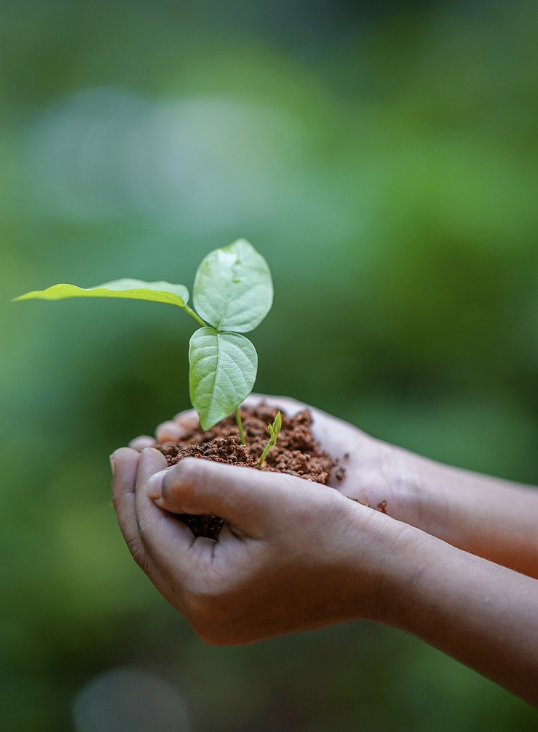Homeopathy stands not only as a treatment method but as an ethical and sustainable philosophy in a world longing for holistic solutions.
In an era where the health of the planet is becoming inseparable from the health of its inhabitants, homeopathy offers a unique and timeless contribution to a more sustainable future. Its principles of minimal dosing, non toxic remedies, and a deep respect for the body's own healing intelligence align naturally with the goals of ecological and ethical medicine.
Homeopathy requires no synthetic chemicals, no animal testing, and produces minimal environmental waste. Remedies are made from natural sources and used in such small quantities that they place no burden on ecosystems. This makes homeopathy particularly well suited for the treatment of animals in organic and sustainable agriculture, where it has the potential to reduce the use of antibiotics.
It offers not just symptom relief, but works toward balance, healing, restoration of health and respect for both body and nature.
Today, on April 10th, Homeopathy is celebrated as "World Homeopathy Day", marking the birth of Samuel Hahnemann, the pioneering founder of homeopathy. This special day is not only a tribute to Hahnemann’s revolutionary contributions to the field of medicine but also an opportunity for the global homeopathic community to reflect upon the timeless vision of healing he set in motion.
Hahnemann Monument, Scott Circle Washington, D.C.
Homeopathy is used by over 200 million people worldwide and is an integrated part of the healthcare systems in some countries.
Many people use homeopathy as an alternative or supplement to conventional treatment, not only because it is natural and free of side effects, but because it considers the whole person, not just the disease.
Homeopathy for animals
In both organic and conventional farming, homeopathy is increasingly used for treating cattle, poultry, and pigs. It can be applied for everything from supporting calves with diarrhea and treating mastitis in cows, to calming stressed animals and generally strengthening their immune systems.
Several studies have shown that homeopathic treatment in livestock farming can significantly reduce the need for antibiotics. This is not only beneficial for the animals but also crucial in combating antibiotic resistance, one of the greatest health challenges of our time.
Homeopathy for plants
Another exciting field is agrohomeopathy, the use of homeopathic remedies to support plant health and resilience.
As agriculture seeks alternatives to chemical pesticides, agrohomeopathy, the use of homeopathic preparations in plant care is gaining scientific attention. A recent study on strawberry crops revealed that certain homeopathic treatments can boost plant growth, improve crop yield, and enhance disease resistance. These findings highlight the potential of homeopathy as a sustainable, eco-friendly tool in modern farming, supporting healthier plants and reducing environmental impact.
An ancient wisdom with modern relevance
Although homeopathy often faces skepticism, both interest and research are growing. Clinical studies show positive effects, especially when treatment is individualized, and history testifies to its effectiveness, even during major epidemics.
At the same time, modern science such as quantum physics and nanotechnology opens new perspectives on how homeopathic remedies can work, even in ultra-diluted doses.
You can learn more about homeopathy, it's history and it's use, for both humans, animals and plants, in this French documentary "HOMÉOPATHIE Une Autre Voie" by William Suerinck
(with English subtitles).
https://www.youtube.com/watch?v=RwuD7ztcX7g


